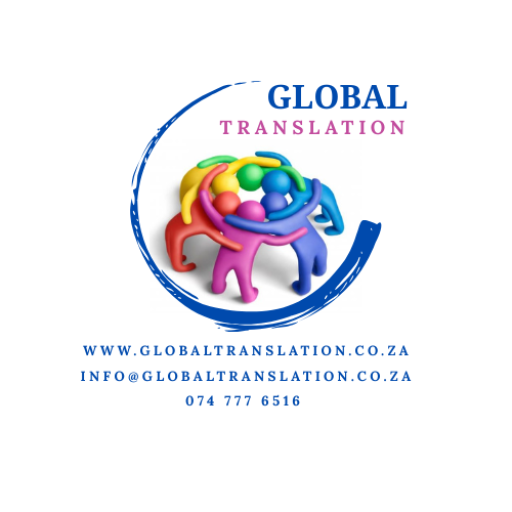You need to have your South African official documents authenticated or “DIRCO’d” when you intend to use them in a foreign country, making them legally recognized abroad. This process involves DIRCO, the Department of International Relations and Cooperation, verifying the signatures and stamps on your original South African public documents to issue High Court Apostille or a Certificate of Authentication, which is required for their use in that foreign nation.
Why DIRCO Authentication is Necessary
- Legal Recognition Abroad: DIRCO authentication ensures that your official South African documents, such as birth certificates or police clearance certificates, are accepted as legitimate in other countries.
- International Acceptance: The process certifies the authenticity of the document’s signature, the capacity of the official who signed it, and the seal of the document.
The Two Types of Authentication
The type of certification DIRCO issues depends on whether the foreign country is part of the Hague Apostille Convention:
- High Court Apostilles are Issued for countries that are members of the Hague Apostille Convention. This single certificate serves as authentication for these countries.
- Certificate of Authentication: Issued for countries that are not members of the Hague Apostille Convention. This certificate is a formal authentication for use in those countries.
Documents That Need DIRCO Authentication
Generally, documents bearing the stamp and signature of an authorized government department or institution are subject to DIRCO authentication:
- Vital Records: Unabridged birth, marriage, and death certificates from the Department of Home Affairs.
- Police Clearance Certificates: Original certificates from the South African Police Service.
- Academic Certificates: Such as Matric or National Senior Certificates, after they have been verified by UMALUSI.
